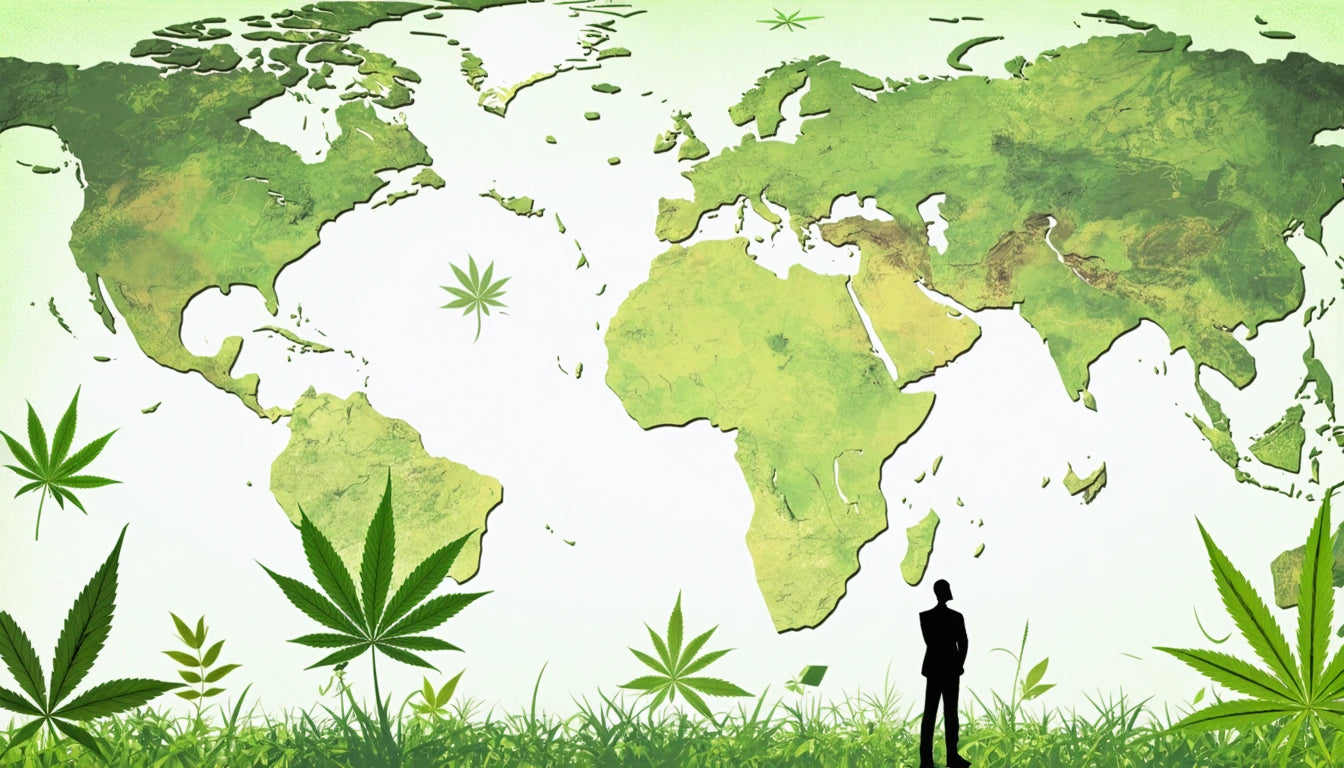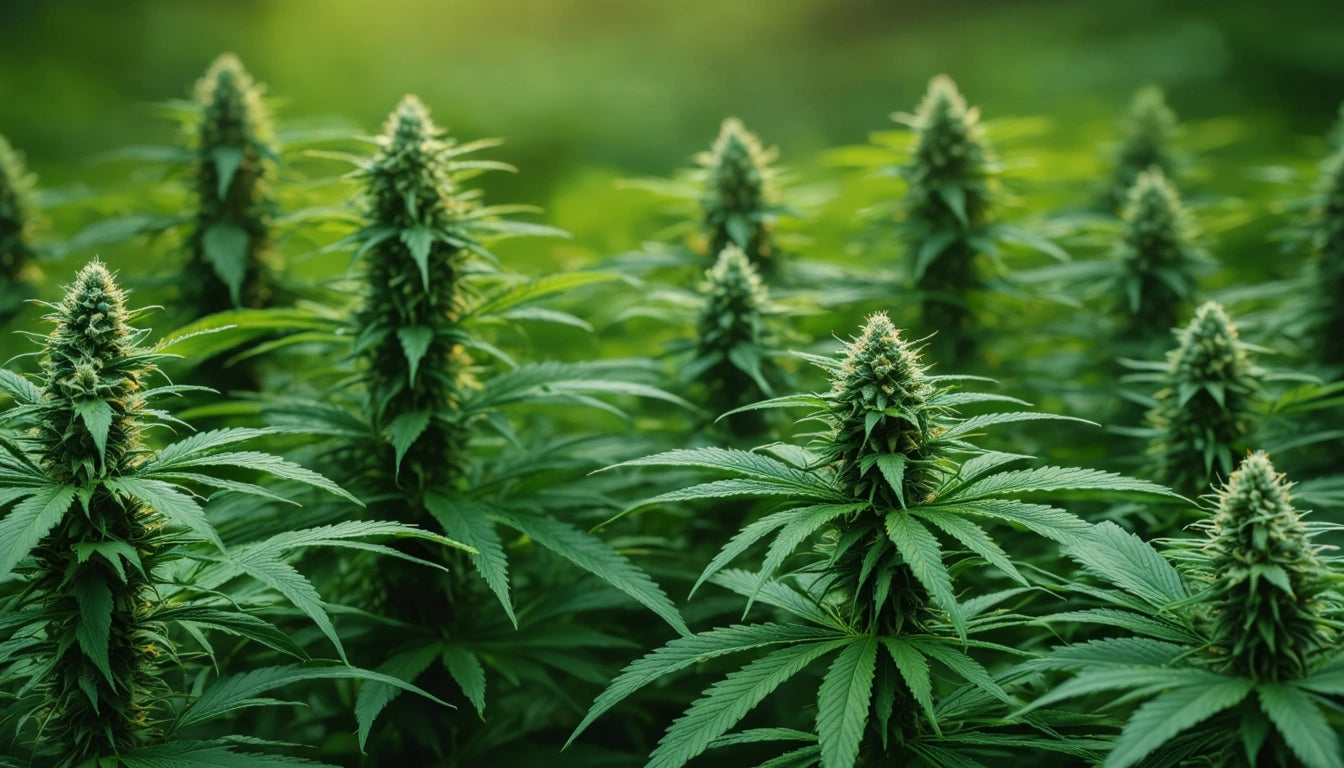Unveiling the Meaning Behind 4:20 and Its Cultural Significance
Few numerical combinations have achieved the cultural resonance of 4:20 (or 420) in cannabis culture. This seemingly simple number has evolved from an obscure code among friends to a global phenomenon that transcends borders, languages, and legal jurisdictions. But what does 4:20 mean exactly, and how did it become so deeply embedded in cannabis culture?
Origins of 4:20: Separating Fact from Fiction
The true origin of 4:20 has been clouded by numerous myths and misconceptions. Some erroneously believe it represents a police code for marijuana possession, while others have suggested connections to Bob Marley's birthday or the number of chemical compounds in cannabis. According to cannabis historians, these popular theories lack factual basis.
The actual story behind what is 4:20 is both more mundane and more fascinating than the myths suggest. It began not as a counterculture statement but as a practical meeting time among a group of high school students in the early 1970s.
The Waldos and Their Treasure Hunt
The most credible and well-documented origin of 4:20 traces back to 1971 in San Rafael, California. A group of five high school students who called themselves "the Waldos" (because they hung out by a wall) would meet at 4:20 PM by the Louis Pasteur statue outside their school. Their meeting time was strategically chosen to occur after sports practice but before their parents returned home from work.
The Waldos' initial purpose wasn't just to consume cannabis. They were on a treasure hunt, following a map they believed would lead to an abandoned cannabis crop near the Point Reyes Peninsula. They never found the legendary crop, but their meeting time of 4:20 PM evolved into a code for cannabis consumption.
As documented in multiple historical accounts, the Waldos would remind each other in school hallways by simply saying "4:20," a discreet way to plan their after-school adventures without alerting authorities or disapproving peers.
From Code to Counterculture
How did an inside joke among five teenagers transform into a global phenomenon? The connection to the Grateful Dead played a crucial role. The father of one of the Waldos managed real estate for the band, and another Waldo's older brother was friends with Phil Lesh, the band's bassist. Through these connections, the Waldos had access to Grateful Dead rehearsals and social circles.
As the Waldos used their "4:20" code around members of the band and their entourage, the term began to spread through the Deadhead community. By the late 1980s, fans of the Grateful Dead had carried the term across the United States.
The mainstream breakthrough came in 1991 when High Times magazine published a flyer that had been circulating at Grateful Dead shows, explaining the 4:20 concept and inviting people to smoke "on April 20th at 4:20 PM." This publication effectively globalized what was once a local high school code.
4:20 Around the World
One fascinating aspect of 4:20's global reach is the question: where is it 4:20? Due to the Earth's rotation and time zones, it's always 4:20 somewhere in the world. This has led to a continuous, rolling celebration across the globe, with cannabis enthusiasts noting that they can technically honor the tradition at any hour by mentally adjusting to a different time zone.
From San Francisco to Sydney, Amsterdam to Auckland, 4:20 has transcended its American origins to become an international shorthand for cannabis culture. In countries with more progressive cannabis laws, public 4:20 gatherings have become increasingly common and open.
For those celebrating privately, high-quality storage solutions like mylar bags have become essential for preserving freshness while maintaining discretion in regions where legal status remains complicated.
Celebrating 4:20: Modern Traditions
Today, 4:20 is celebrated in multiple ways:
- Daily observance at 4:20 PM (and sometimes also 4:20 AM for dedicated enthusiasts)
- Monthly gatherings on the 20th day
- Annual celebrations on April 20th (4/20), which has evolved into an unofficial holiday
April 20th has become particularly significant, with major events and rallies occurring in cities worldwide. These range from political demonstrations advocating for cannabis law reform to music festivals and cultural celebrations.
Impact on Cannabis Industry and Culture
As cannabis legalization spreads across states and countries, 4:20 has transformed from a counterculture symbol to a mainstream marketing opportunity. Dispensaries often offer "4:20 specials," and product launches are strategically timed to coincide with April 20th.
The term has also influenced broader popular culture, appearing in movies, television shows, and music. References to 4:20 can be found in everything from mainstream comedies to serious documentaries about cannabis policy reform.
The terminology has even expanded to related concepts like "420-friendly," which indicates openness to cannabis use in contexts ranging from roommate advertisements to travel destinations.
Future of 4:20 in Evolving Cannabis Landscape
As cannabis continues its journey from prohibition to regulation in many parts of the world, the significance of 4:20 is evolving. What began as a code to hide activity from authorities is now often openly celebrated, even in corporate environments in legal markets.
The future of 4:20 will likely be shaped by the ongoing normalization of cannabis. While it may lose some of its counterculture edge, it remains a powerful symbol of the community's history and shared experience. As new generations discover cannabis in a more open legal environment, 4:20 serves as a connection to the plant's complex cultural history.
Whether it's a daily personal ritual, a monthly social gathering, or an annual celebration, 4:20 has secured its place not just in cannabis culture, but in broader social history as a remarkable example of how subcultural codes can achieve mainstream recognition while maintaining their original spirit.











Leave a comment
All comments are moderated before being published.
This site is protected by hCaptcha and the hCaptcha Privacy Policy and Terms of Service apply.